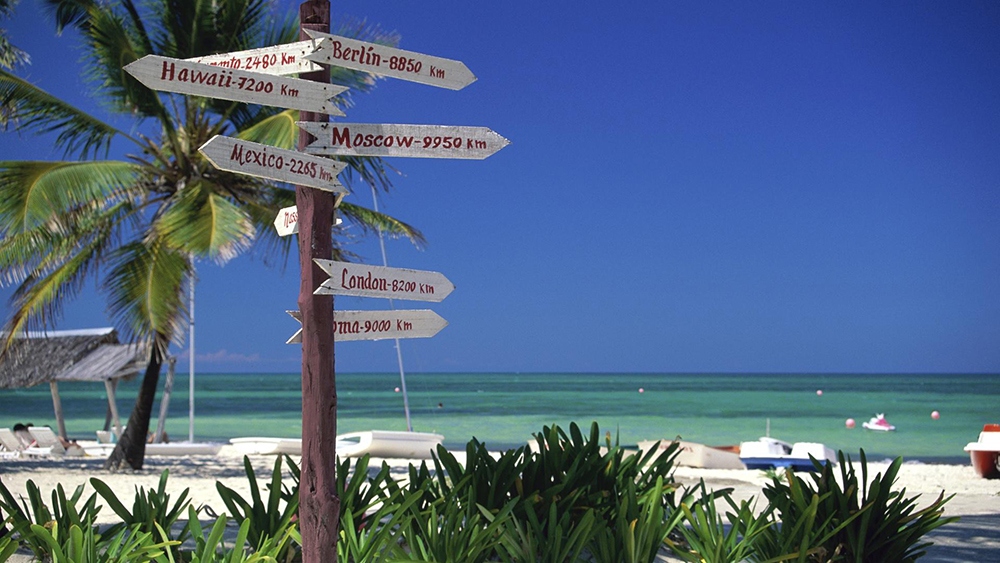When President Obama announced the easing of sanctions against Cuba in December 2014, he set both countries on a new course of diplomatic and economic change. The regulatory amendments mean that travel to Cuba is easier than it’s been for over 50 years. The changes don’t mean that travel on a strictly tourist level is allowed, but it is now easier to visit Cuba as long as you meet the authorized criteria. If you are thinking about traveling to Cuba, here are a few tips to help you understand the new guidelines.
Criteria and Licensing Information
Under the new regulations, a specific travel license is no longer required. Instead, a general travel license will be issued, subject to conditions. There are 12 categories of authorized travel. Categories include family visits, official U.S. and/or foreign government business, journalistic activities, professional meetings and research, humanitarian projects, religious activities, support for the Cuban people, private foundation, research or educational activities, information transmission, public performances, workshops, athletic and other competitions and authorized export transactions. You can travel to Cuba as long as your visit meets one or more of the 12 requirements.
Travel Services and Your Money
The Office of Foreign Assets Control (OFAC) no longer requires that airlines and travel agents have a special license to book travel to Cuba. You can now use U.S. debit and credit cards during your trip.
You are allowed to bring up to $400 worth of Cuban goods back into the United States, but no more than $100 of the total can be alcohol and/or tobacco.
U.S. Business and Cuba
The new amendments and lighter regulations make doing business with Cuba easier. Banking institutions, including U.S. registered brokers, money transmitters and securities dealers are permitted to process remittances to Cuba without a specific license. In addition, the State Department will determine and publish a list on its website of approved independent Cuban produced goods and services imports.
U.S. companies, particularly those in the Tampa and Miami areas, are looking forward to increasing trade opportunities with Cuba. Currently, consumer devices that facilitate communication such as mobile phones, televisions, personal computers, Internet and software services are authorized. Business officials hope that exports of construction products, health care equipment and technological products and services will be allowed in the near future.
What the Future Holds
According to The Washington Post, senior administration officials believe that Americans will soon be able to book air travel to Cuba online as long as they meet one of the 12 authorized travel categories. Even with the restrictions in place, over 98,000 Americans visited Cuba in 2012 going by way of Mexico and Canada. In 2009, the Obama administration loosened restrictions and made it easier for Cuban Americans to visit relatives. In 2011, the president again eased restrictions and allowed educational, cultural and religious travel. Julia Sweig, an author and expert on Cuban/U.S. relations, believes as more Americans visit Cuba without the bureaucratic hassle of the past, it’s “going to create a real impetus for officially lifting the travel ban once and for all.”







Recent Comments